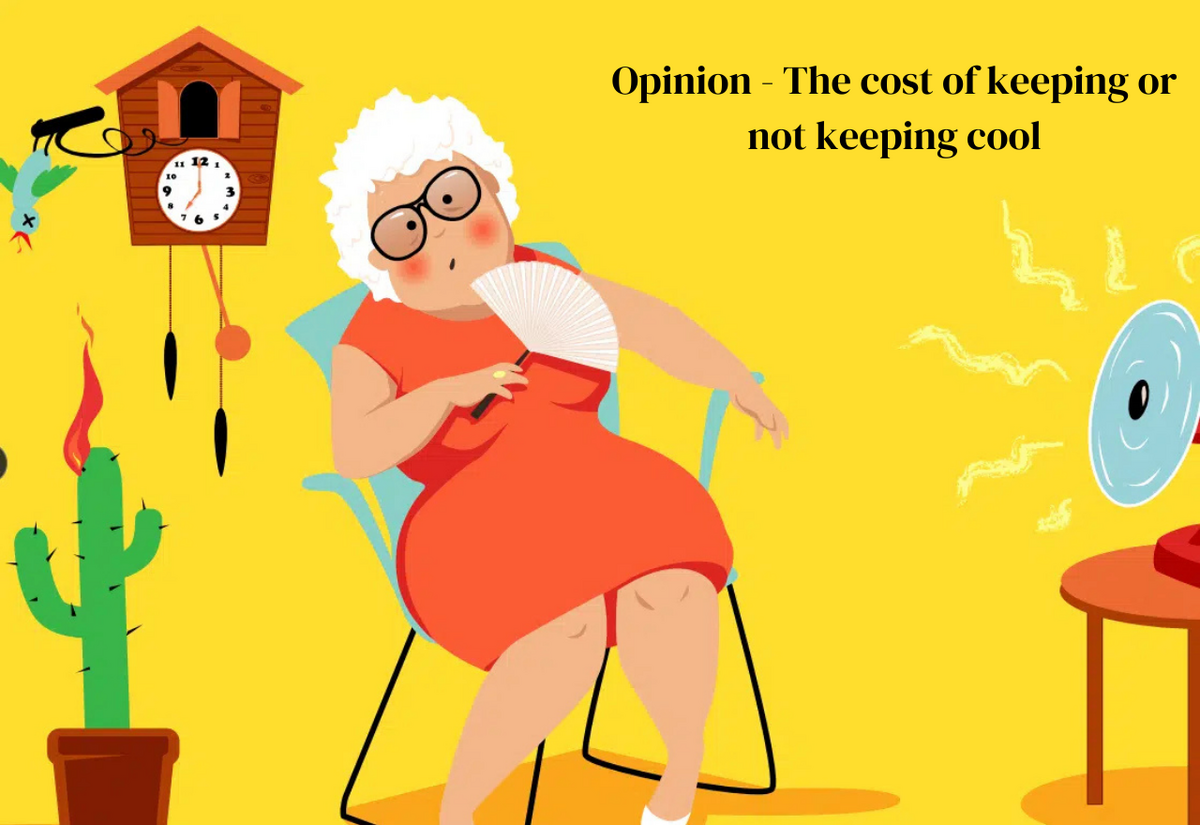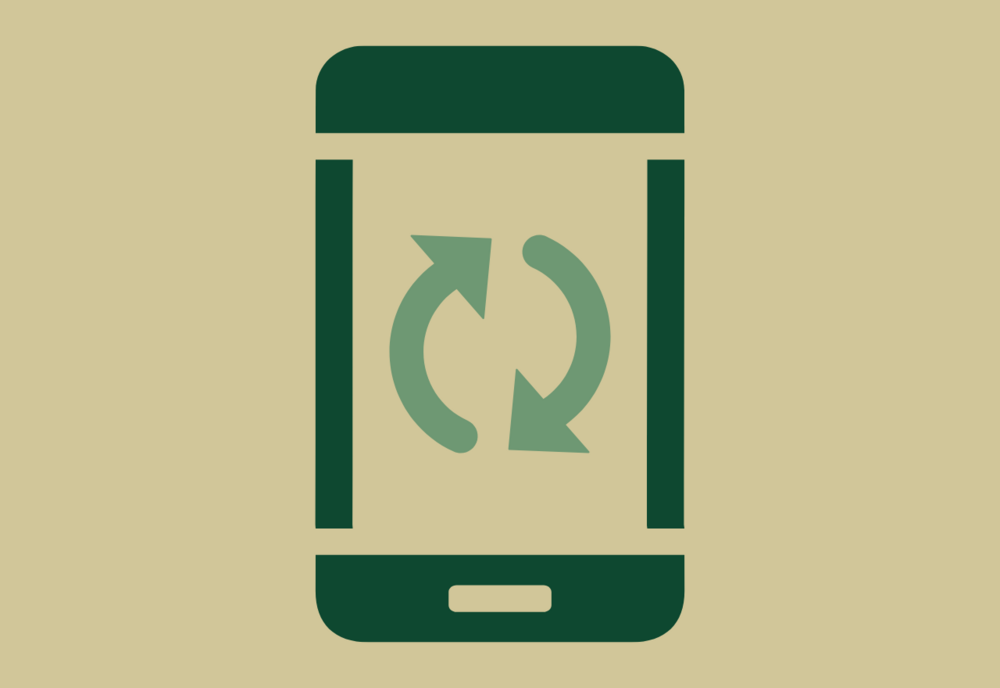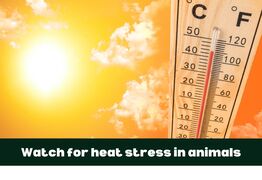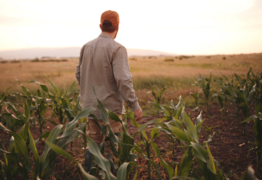When did air conditioning become a luxury?
Kimberly Grabham
12 December 2024, 7:00 PM

I recently read a ‘news’ article which said some of the creative way people are reducing their electricity bills are to…… turn their air conditioner off.
Granted, some people are not fans of air conditioning, or will take steps to keep cool before they turn their cooler on, but if people are getting to the point where they can’t afford to pay the bill, so they forgo comfort, it feels like a problem.
When did keeping cool in summer or keeping war in winter become a luxury and not a necessity?
According to the 2023 ACOSS Heat Survey, heatwaves were responsible for 36,000 deaths between 2006 and 2017 in Australia.
As well as the risk to life and health, heat also has severe economic impacts.
Well, what happens when needing to be cool and not being able to afford to keep cool collides?
Rental homes in Australia are less energy efficient than owner-occupied homes.
One study found because of inefficient appliances and a lack of weatherproofing; renters pay eight per cent more in energy bills than homeowners in like-for-like homes.
There is a saturation of advice and tips for saving electricity within a household, something for which we are all grateful.
However, only so much can be done for costs, in a time when many people are resorting to not turning on their air conditioning as they can’t afford the electricity.
In the harsh hot summer, we experience in these areas, it beggars’ belief people would have to resort to this.
Over 90 per cent of people on income support payments say not being able to afford to cool their homes in hot weather is making them sick.
Even those who have air conditioning avoid using it because it is too expensive, a survey by Australian Council of Social Service has found.
Heat-related illnesses: Heat stress is a leading cause of weather-related deaths and can lead to heatstroke, heat exhaustion, and heat cramps. Heatstroke is a medical emergency with a high fatality rate.
Exacerbated illnesses: Heat can make underlying illnesses worse, including cardiovascular disease, diabetes, asthma, and mental health.
Increased risk of accidents: Heat can increase the risk of accidents.
Transmission of infectious diseases: Heat can increase the risk of transmission of some infectious diseases.
Dehydration: Dehydration is more likely to happen in people who are less heat tolerant, such as children and the elderly.
Taking simple actions could save a household of four around $760 a year.
If you've got a second fridge, getting rid of it could save around $172 a year.
Switching off the game console after use could save up to $193 a year.
Using the clothesline instead of the dryer once a week could save $79 a year.
Installing a water-efficient 4-star showerhead could save $315 a year on water bills. You’ll also save on your energy bills because less water will need to be heated.
Visit these links to look at advice on how to save wherever you can.
https://www.energy.gov.au/households/household-guides/life-stages-advice/renters
https://calculator.energyrating.gov.au/
Unfortunately, I don’t have the answer to the big problems, like the cost-of-living crisis, or electricity bills. But check on the ones you love this summer, and people you know who are vulnerable (families with small children and the elderly).
If there is no clear option for you other than to keep the air conditioning off, please ensure you, or you people are looking after their health.
NEWS
RURAL
COMMUNITY
VISIT HAY
VISIT BALRANALD













